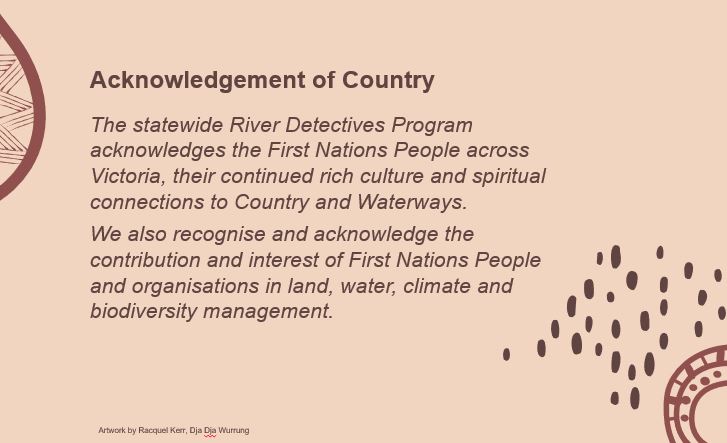Sustainable Agriculture
Explore great examples of how agriculture and the environment can collaborate for mutual benefit
Sustainable Farms – enhancing dams resources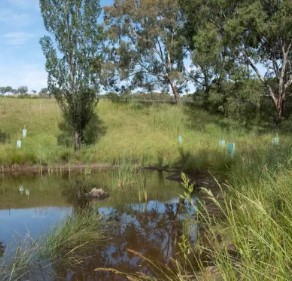
Dams are well-known features of farming landscapes. They are also valuable natural assets. ANU’s Sustainable Farms project works with farmers, land managers, NRM agencies, industry groups and Landcare towards a common goal: healthy farms, healthy farmers and healthy profits. They offer a range of great resources: a farm dam poster, life in a farm dam activity sheet, the Enhancing Farm Dams guide and the farm dam planting guide. For some great videos watch: Improving farm dams – a farmer’s perspective, life in a farm dam – after fire comes recovery and building a wildlife island on a farm dam. If constructing or renovating a dam, for the farm dams technical guide click here.
|
Food, Fibre and Agricultural Science eLearning Courses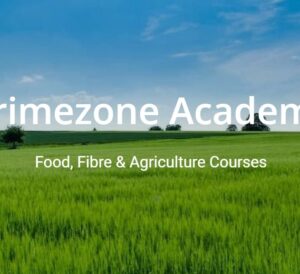
Primezone Academy offers a range of free primary and secondary courses on a variety of agricultural topics.
|
Soil: Nature is Speaking video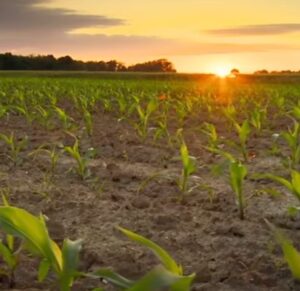
This short video is a thought-provoking resource to start conversations and learning about soils, the important role they play and to prompt investigation into how we can care for soils better.
|
Soil Health Guide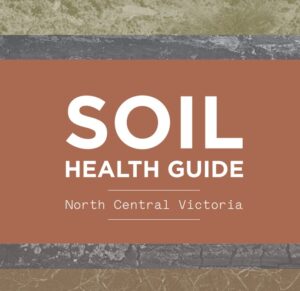
Written for the North Central region, this guide has useful instructions for student inquiry activities such as visual soil assessments and taking soil samples to assess a variety of health indicators.
|
Getting the Buzz on Bees and other beneficial insects video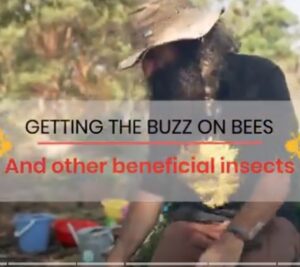
There is a huge variety of beneficial insects in our gardens. They help us pollinate, break down soil, and balance the local ecosystem. In this Junior Landcare video Costa shares his experiences with these special insects in his own garden.
|
A Better Way To Farm school education kit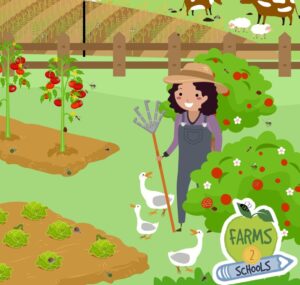
A Better Way To Farm is an education resource aimed for Levels 5-8 developed for the Port Phillip and Westernport Catchment Management Authority as part of the Farms2Schools project. The resource provides a series of fact and activity sheets that introduce students to the idea that we can use a variety of better, more sustainable methods to help control pests in our farms and gardens.
|
How one scientist took on the chemical industry – video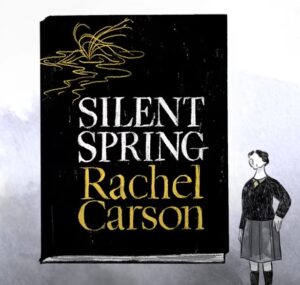
In 1958, after receiving a letter describing the deaths of songbirds due to the pesticide known as DDT, Rachel Carson began an investigation into the misuse of chemicals and their toll on nature. In 1962, she published her findings in “Silent Spring,” which immediately drew both applause and impassioned dissent. How did this biologist and writer ignite such controversy?
|
Waterbirds and Farm Dams brochure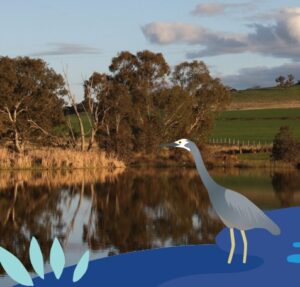
This guide can help landholders understand the habitat requirements of waterbirds to create or enhance a water body to attract native fauna. This has the added benefits of improving water quality and adding a valuable natural asset to the property.
|
Enhancing Farm Dams brochure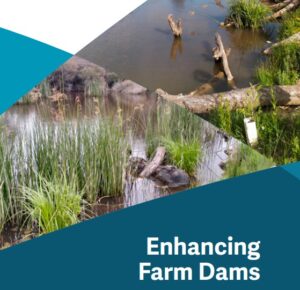
Farm dams can serve dual purposes as water supply for stock/households as well as important refuges for native fauna. Use this guide to learn how to enhance dams to conserve the ‘Magnificent Six’ – a group of threatened floodplain specialist fish on the brink of extinction in the southern Murray-Darling Basin. These species are southern pygmy perch, Yarra pygmy perch, southern purple-spotted gudgeon, Murray hardyhead, olive perchlet and flat-headed galaxias. Also see the resource, ‘Waterbirds and Farm Dams’ for creating habitat for waterbirds.
|
Pesticide-free farming; Using good bugs to fight bad bugs video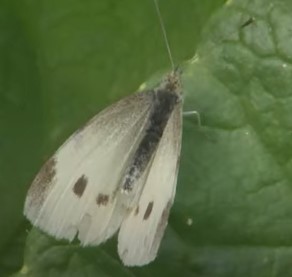
A segment from ABC’s Landline program about organic solutions to control pests at the large farm scale. For ideas to control pests using alternative methods at the home garden scale watch this segment from Gardening Australia or use this lesson plan from Junior Landcare.
|
Do we really need pesticides ? video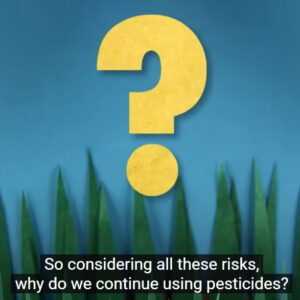
Pest control is a necessary part of farming and food production but can we do it without pesticides that can cause harm to waterways and catchments ? This video clearly examines the pros and cons of pesticide use.
|
Pesticide Watch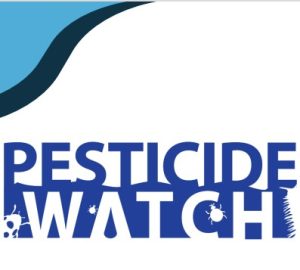
In 2024 some schools will value add to their monthly water quality monitoring by opting in to participate in Pesticide Watch, a nation-wide program run by Brady Hamilton at Deakin University helping communities identify pesticides in their local waterways through citizen-science. Find out more about the program by watching this video, about the testing procedure by watching this video, about the sampling protocol in this guide or watching this webinar we recorded with Brady all about pesticides and the research project. The 2023 results have been published in this summary report. For pesticide teaching resources click here or to follow the project join the Pesticide Watch Facebook Page. You can contact Brady Hamilton from Deakin University directly; brady.hamilton@deakin.edu.au
|
Salinity Scale
Use this resource to check the salinity tolerances of humans, crops, livestock, compare your EC results and understand how salinity can impact on all areas of life.
|

